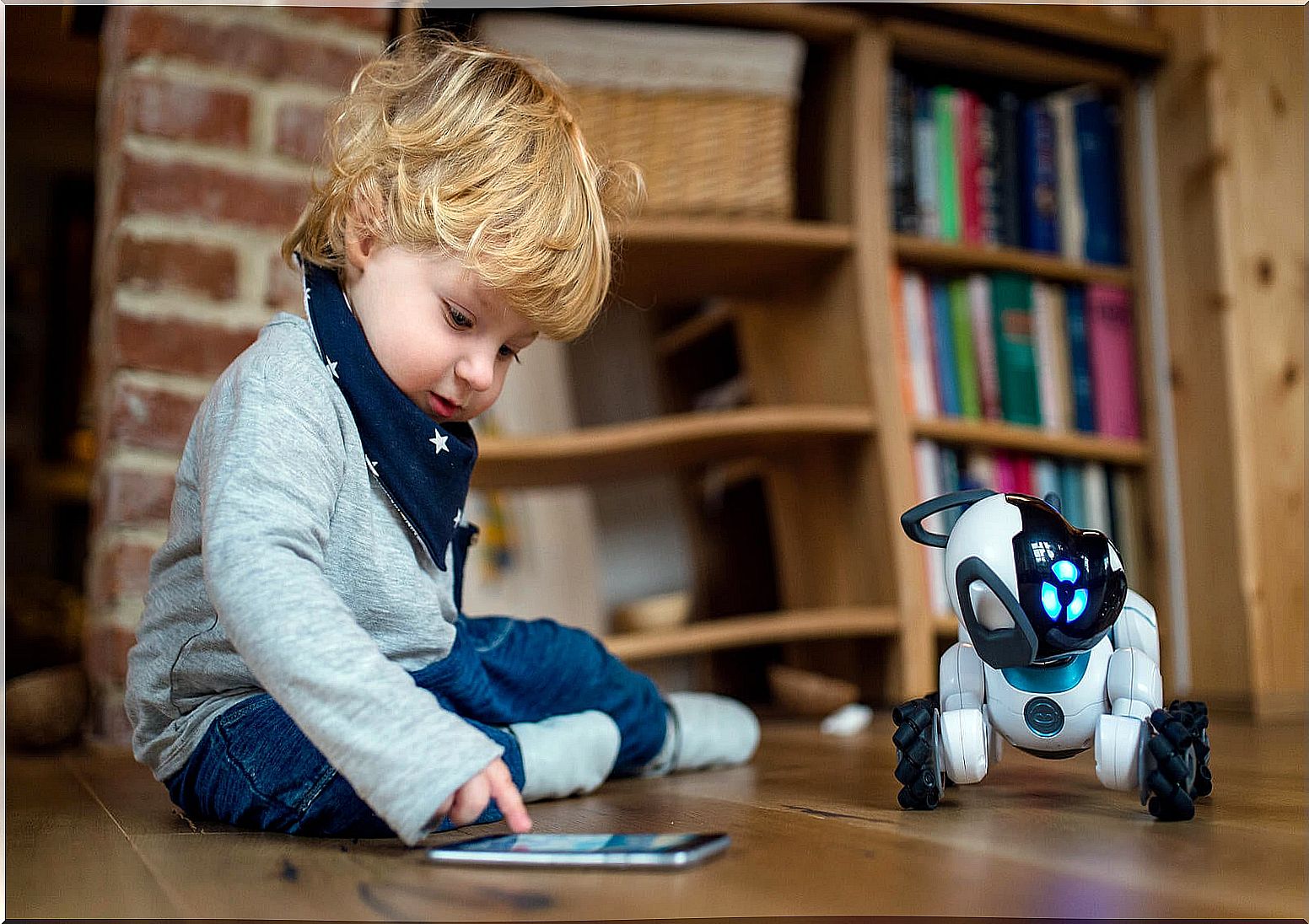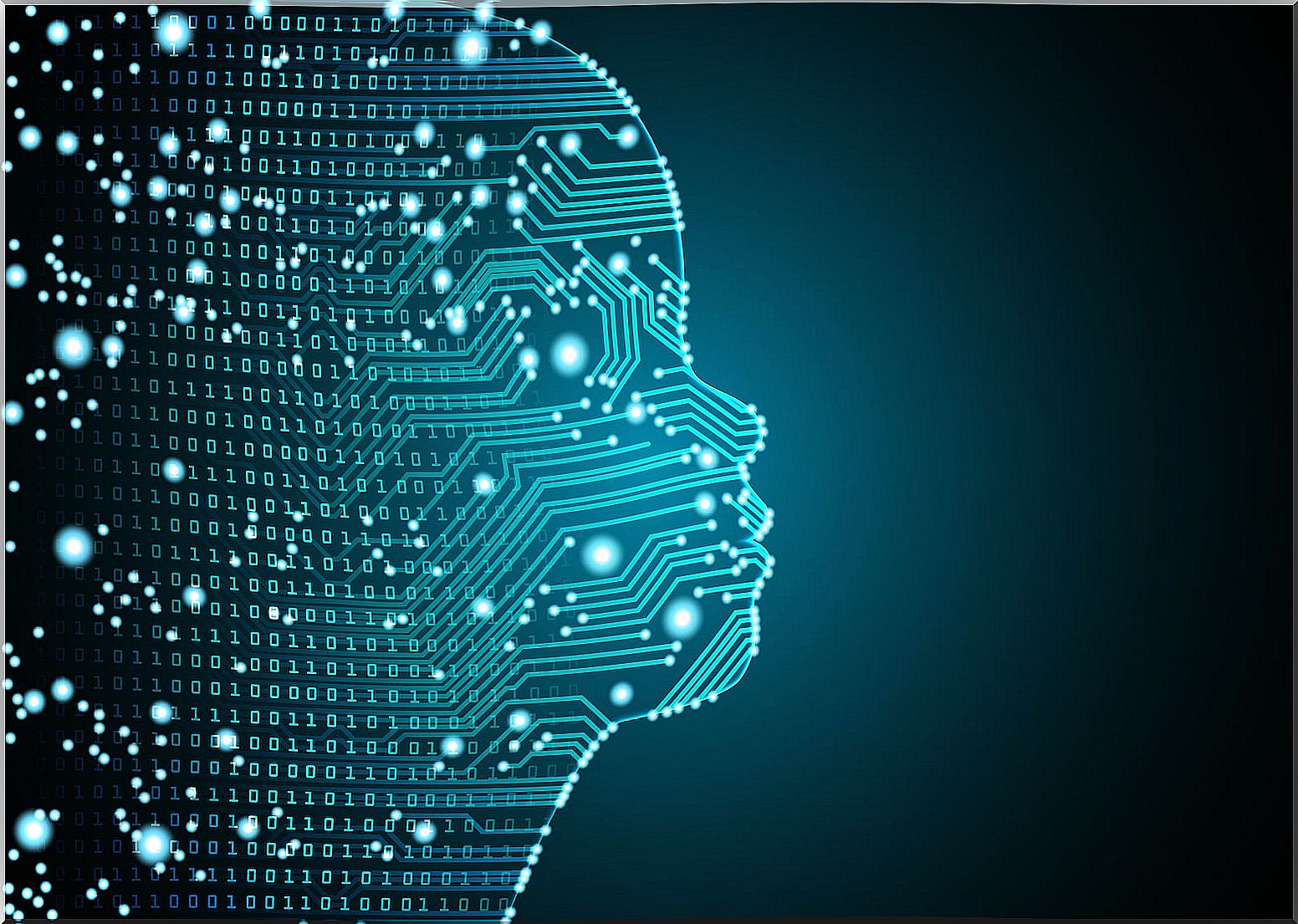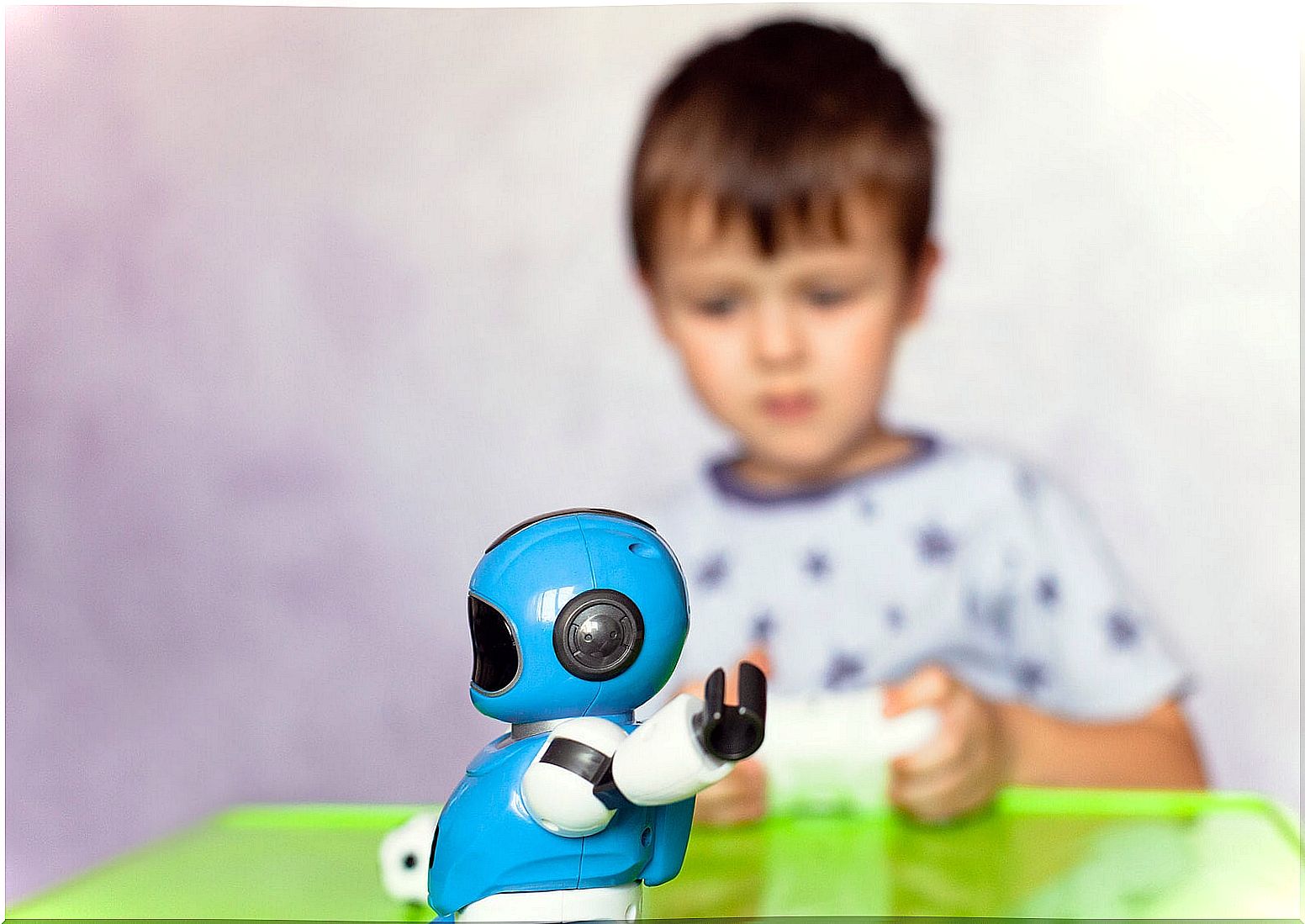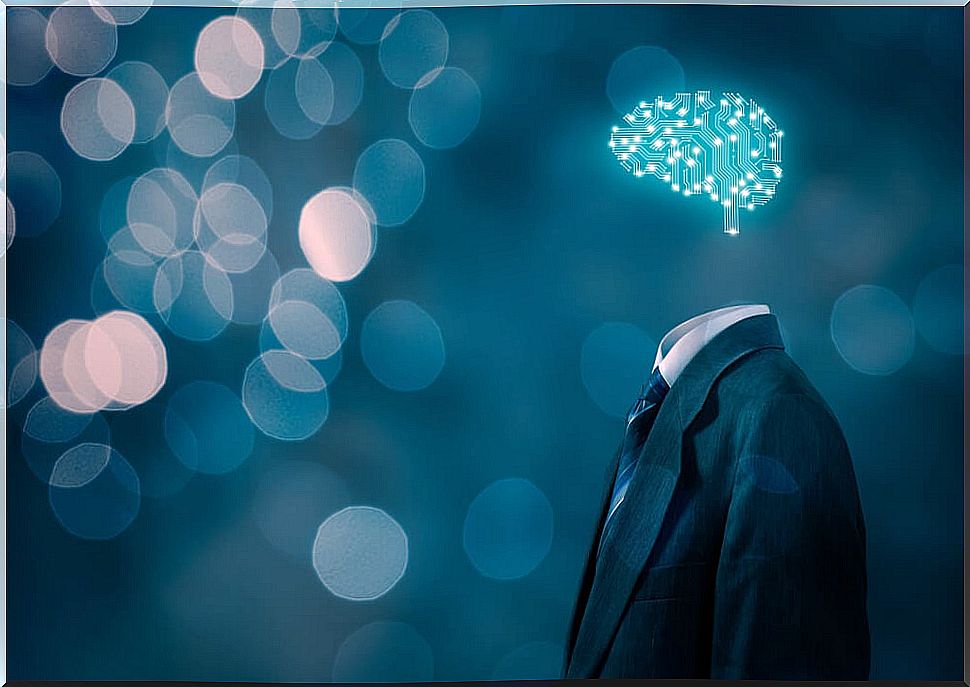Artificial Intelligence For Children

Technology is increasingly becoming a fundamental tool in people’s lives. Artificial intelligence for children is increasingly present. Today’s kids are the first generation that is growing up with it and we must teach them what its purpose is.
Artificial intelligence (AI) can go unnoticed in their lives because perhaps it is not what we all imagine (robots that feel and think like people). It is important to teach children to navigate this world and to help them understand where to find it and how it influences their lives.
What is artificial intelligence for children?
We can say that AI is when a computer or technological tool can do actions that normally only a person can do. How is this achieved? Basically, with programming through algorithms, recognizing certain patterns and making predictions based on them.

If we combine machine learning with voice recognition, which is just one more of the capabilities of artificial intelligence, we get assistants such as Google, Alexa or Siri, which facilitate user requests.
Artificial intelligence is still in full development, so much remains to be investigated; it is continually evolving. It is important that children understand that it is not magic, that there is no one inside the telephone, television, computer, etc. Rather, they are algorithms that try to figure out what you want based on the thousands of searches they have in their databases.
How to explain artificial intelligence for children?
Many children think that computers, robots, tablets or mobiles are smarter than they are or that they have magical powers. For this reason, it is important that we help the little ones to know what the limit is between reality and technology and the only way to achieve this is through education.
Researchers at the Massachusetts Institute of Technology (MIT) are working with children of different ages to help children understand and use artificial intelligence correctly.
Almost all children between the ages of 10 and 14 have smartphones with different applications based on artificial intelligence. At these ages, children already have more complex moral reasoning, as well as their thoughts, which are much more complex.
Artificial Intelligence for Kids: MIT AI Ethics Course
The Massachusetts Institute of Technology (MIT) has developed an artificial intelligence course for children in which they are taught how to use algorithms and how behind the answers there is always a certain intention. For example, they learn why Facebook or Instagram show certain ads or information to each person based on their searches and interests.
They teach them to develop algorithms for different applications themselves. Children learn in an easy and playful way that technology, computers and mobiles are nothing more than fast, concise and powerful tools. It is not magic, but they follow algorithmic programming that humans have created.
Easy tips to put into practice
Parents and adults are the main references for children and it is not necessary to take any course to help them understand what artificial intelligence is and what its limits are. Some tips that we can implement are the following:

- You can stimulate his curiosity by signing him up for programming or robotics workshops for kids.
- You should not refer to robots, virtual assistants or toys based on artificial intelligence as people, because they are not and you can get to confuse them.
- It is good to convey a positive idea and the benefits about artificial intelligence devices, since they make life easier in many areas.
- It is important to help them understand that behind this “intelligence” of the devices there are people who program it to do certain things.
- You have to be careful with some toys that they sell as the best friend for your child, since these types of games can create dependencies that are not going to be positive for the child. Remember that a machine can never replace the friendship of one child with another.
- Help him to promote his critical point of view to know how to distinguish the information that comes to him from smart devices, the internet or social networks.
As we have seen, artificial intelligence for children is something that should be taught to the little ones. It is very important that they learn and know that a machine is not smarter than they are, nor that there is magic inside the screen, but that there are people who have programmed it that way.
Artificial intelligence is still in the early stages of development, so we will have many more surprises in the future regarding this topic. However, today virtual assistants make life easier for many people, but, as in most things, everything is good in its fair measure.










